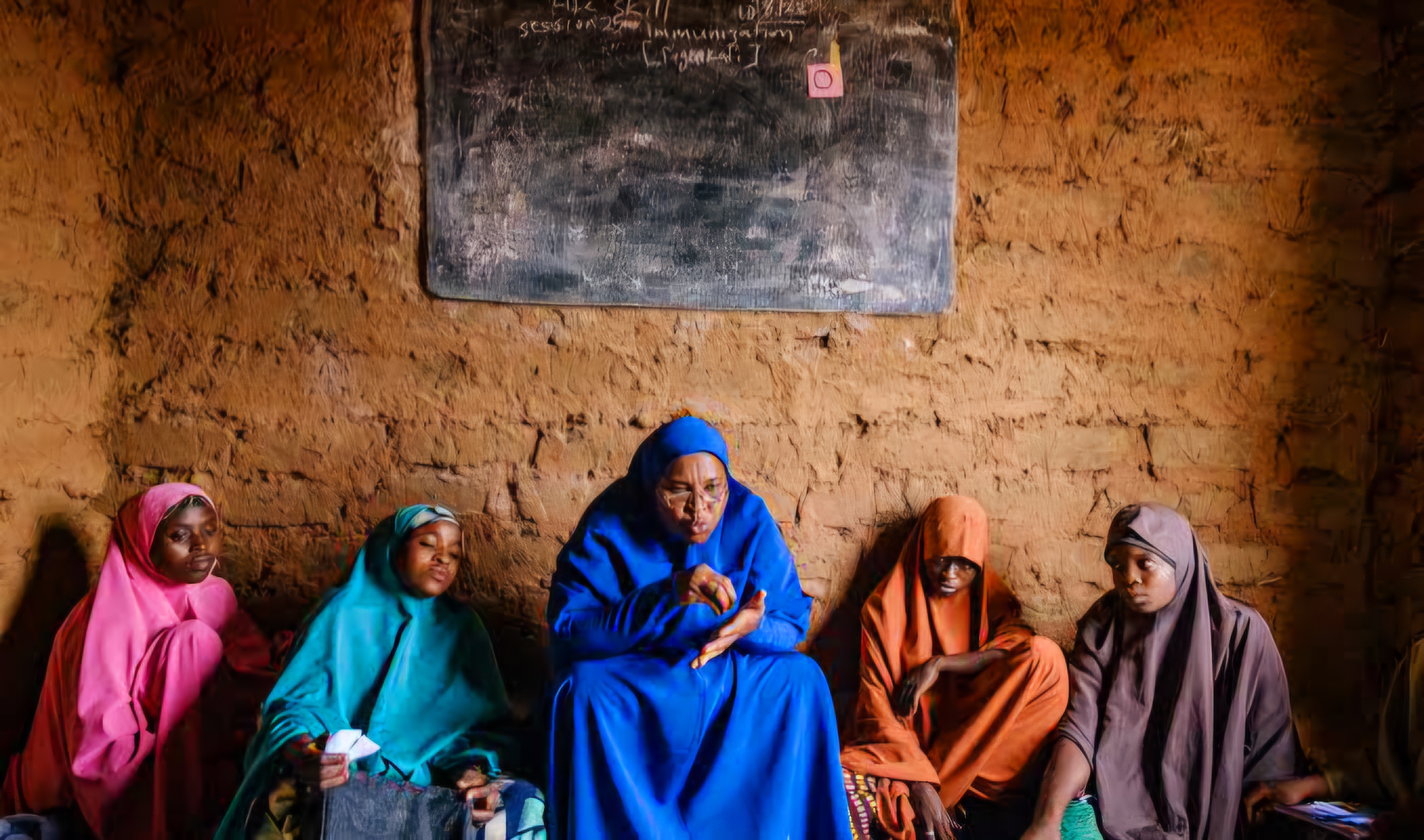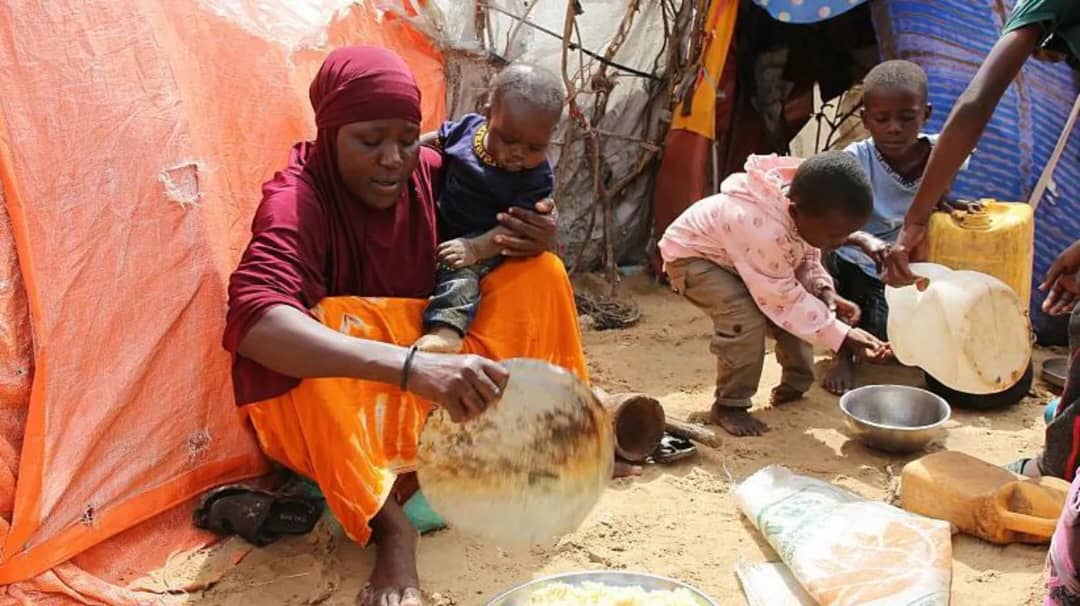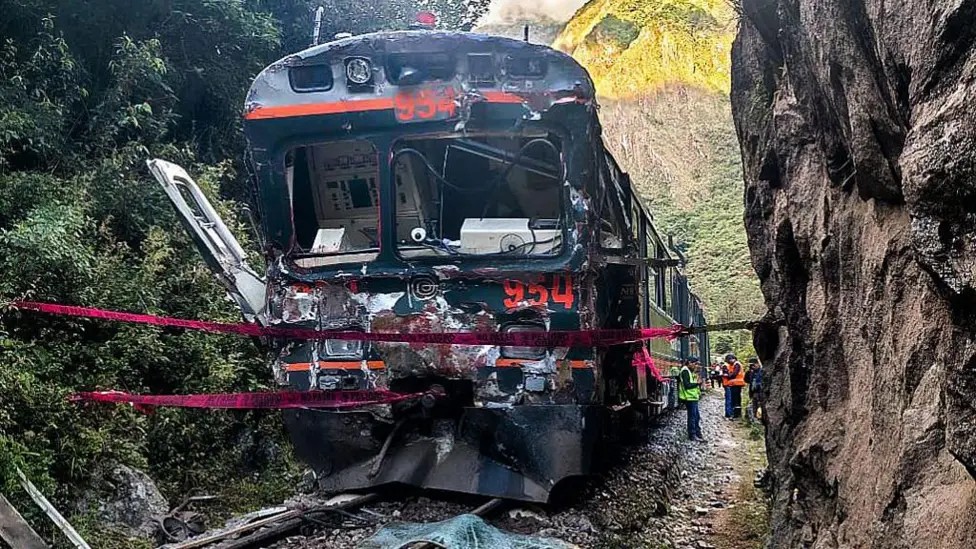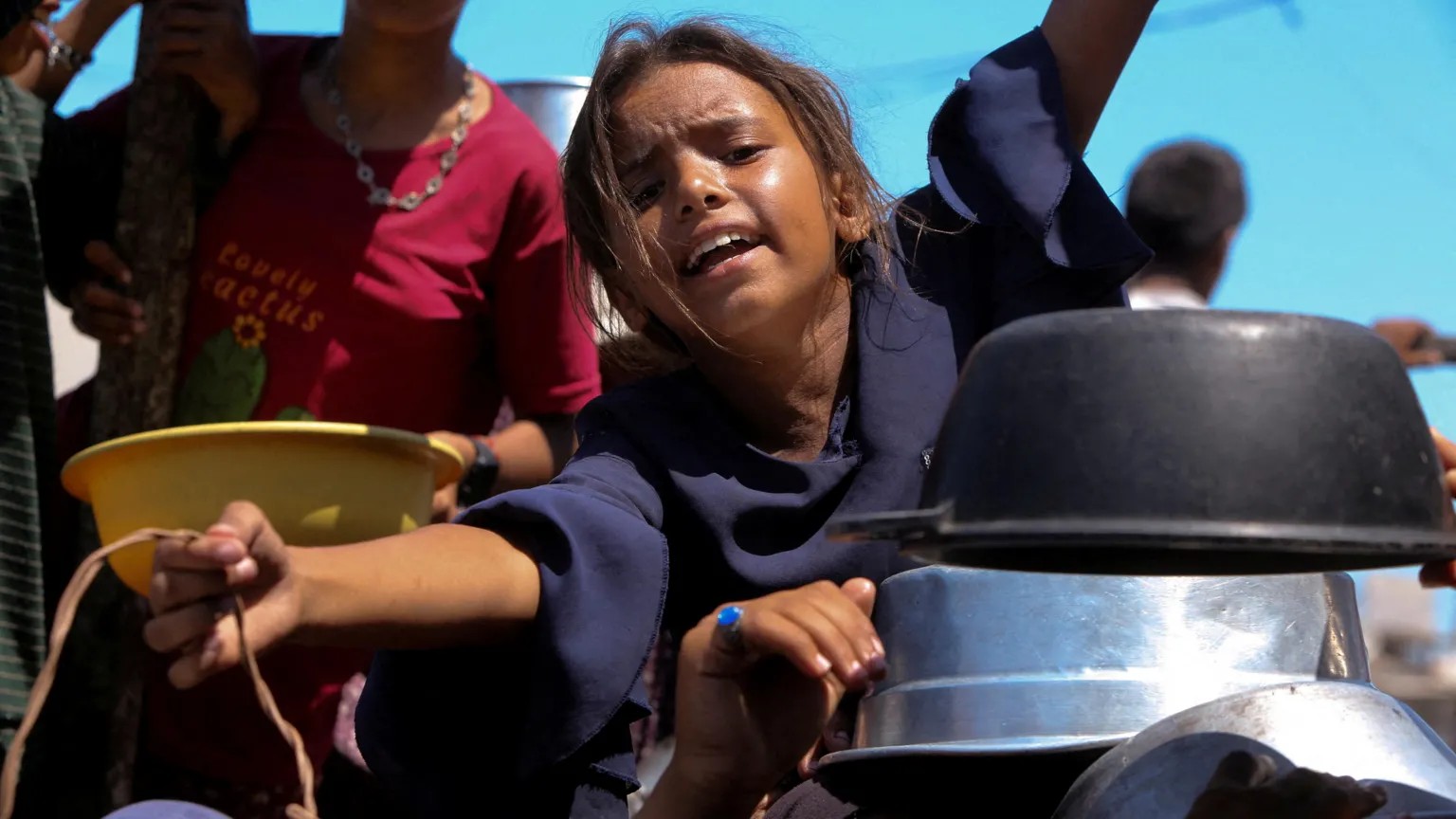Climate Crisis Exacerbates Gender Inequality: Women and Girls Face the Brunt of the Crisis
- by Mike Morris, RNG247
- about 9 months ago
- 118 views

In a world grappling with the escalating climate crisis, the harsh reality is that its effects are not distributed equitably. Women and girls are often the most affected, bearing the greatest burdens amid an already unequal societal landscape.
The climate crisis acts as a threat multiplier, intensifying existing injustices. Research from the UN indicates that after extreme weather events devastate communities, entrenched inequalities worsen. Incidents of intimate partner violence escalate, girls are forced out of school, and early marriages become more prevalent. Additionally, when women and girls are displaced, they face an increased risk of sexual exploitation and trafficking.
Selwin Hart, UN Special Adviser to the Secretary-General on Climate Action and Just Transition, emphasized this disparity during an interview with RNG247. “When we look at who’s affected worse, who’s on the frontlines of the climate crisis, it’s primarily women—particularly in impoverished and vulnerable countries. Unfortunately, our policies or strategies really are not geared to address this challenge.”
To delve into the intricate relationship between gender and climate change, RNG247 collaborated with seven women photojournalists who documented the lives of women and girls in seven countries across the Global South. Their visual storytelling provides a glimpse into the myriad ways the human-induced climate crisis disrupts lives, showcasing both the struggles faced and the resilience demonstrated by these women and girls.
In Nigeria, for instance, UNICEF reports that over 10 million children aged 5 to 14 are missing from classrooms, with the situation for girls being particularly dire. In the northeastern and northwestern states of Nigeria, less than half of girls attend school.
This alarming education crisis is rooted in various intersecting issues, including poverty, geographical challenges, and gender discrimination. However, these factors are exacerbated by the broader context of climate change.
As Nigeria grows hotter and drier, extreme weather events such as flash floods and landslides are becoming increasingly severe and frequent. These climate disasters render schools inaccessible and classrooms unsafe. In communities struggling with the impacts of extreme weather, families often turn to their children for additional support, further hindering girls' already precarious educational attendance.
Efforts are underway to promote girls' education and provide them with the tools to navigate a rapidly changing climate. The Center for Girls’ Education in Zaria, a city in northern Nigeria, offers programs designed to help girls remain in school and provides training to cope with the challenges posed by extreme weather.
“I believe that educating girls about climate change and how to mitigate its effects will empower them to support themselves during difficult times and prepare them for the future,” stated Habiba Mohammed, director of the Center for Girls’ Education.
In a world facing unprecedented climate challenges, the emphasis on gender equality is more crucial than ever, as the empowerment and education of women and girls are essential steps toward building a more resilient society.
















0 Comment(s)